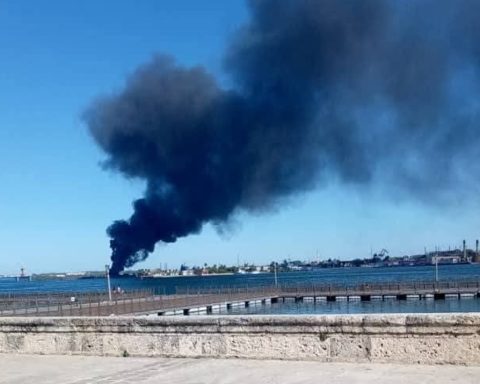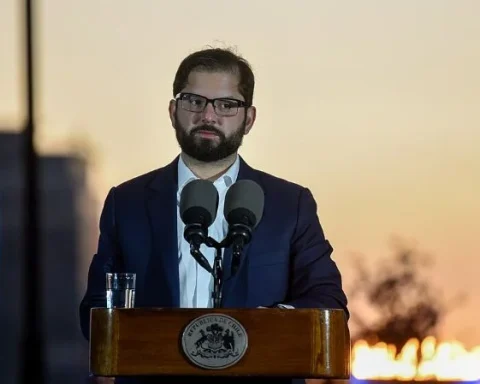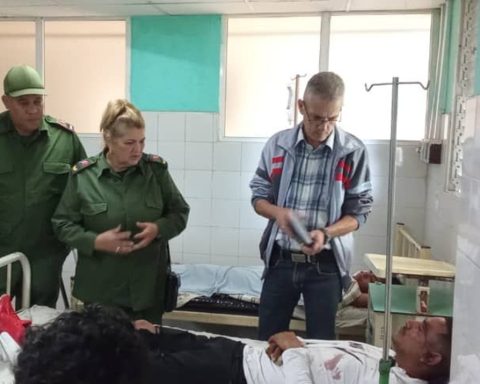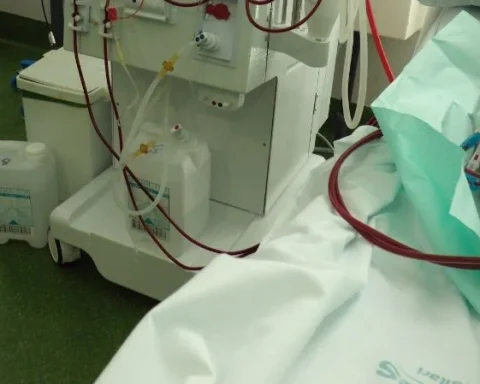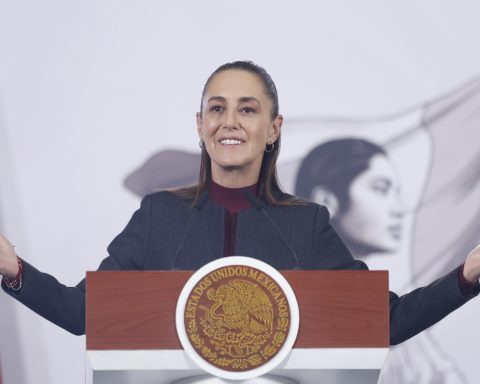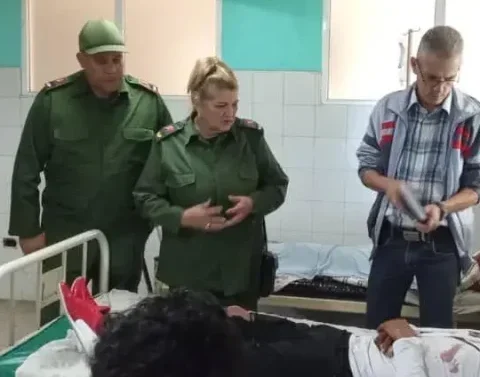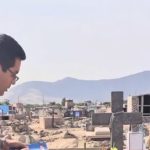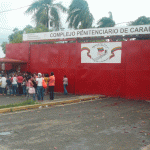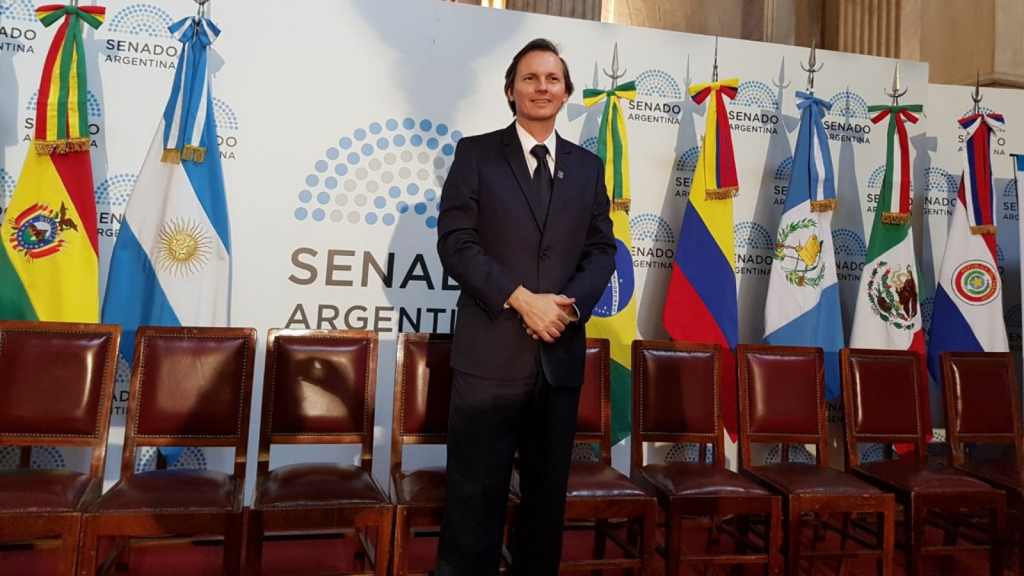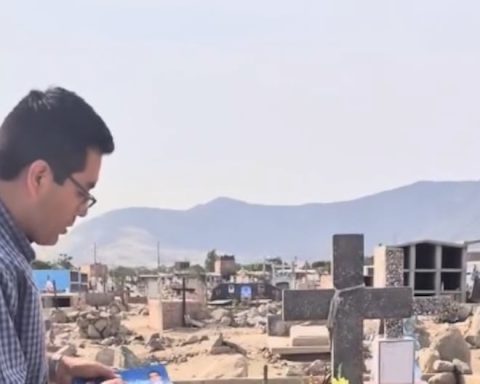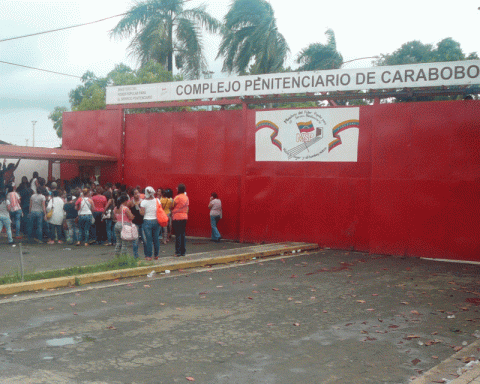Much is being commented and polemicized in the networks these days about the Draft of the Family Code that will soon be submitted to popular consultation in Cuba. One of the elements that arouses the greatest concerns is precisely the substitution of the concept of “parental authority” for “parental responsibility”.
In this regard, we spoke with Iris María Méndez Trujillo, Dr. in Legal Sciences and Associate Professor of Family Law at the University of Matanzas.
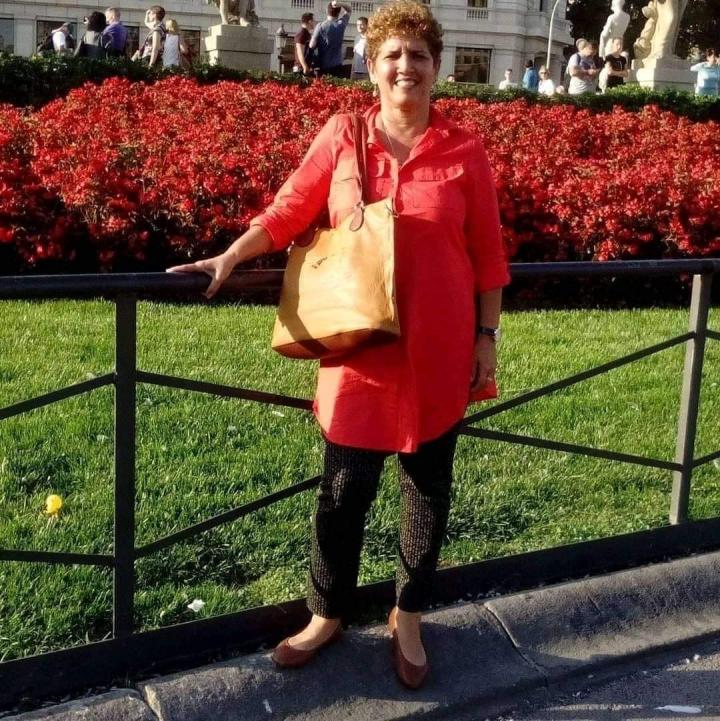
Dr. in Legal Sciences Iris María Méndez Trujillo
I would like to start with an issue that could be the prelude to this debate. What does respect for the free development of the personality referred to in the new code mean?
“The law raises the possibility of respecting the rights of girls, boys and adolescents under the fulfillment of the principle that Cuba is a signatory to the Convention on the Rights of the Child. Before the introduction of this Code, we have been implementing compliance with this principle in family processes, in Supreme Court processes. because life is richer than the law and we have to accommodate the exercise of the right to these situations.
“The new Code is so inclusive, so guaranteeing, that the formation of the human being’s personality is protected from respect for the progressive capacity that the child is acquiring and their participation in certain legal acts, such as the fact of that we can explore a minor in any type of judicial process (eg. Guard and care, alimony, communication) to find out what he thinks, what he feels. This exploration does not mean that we are subject to the child’s criteria, but it is very important, if a matter is determined where he is the central axis, to have his criteria.
Can you clarify the definition of progressive capacity for us?
“It is the one that is demonstrated with age and with the minor’s own behavior and before that demonstration, he may or may not make decisions that the law allows him.”
Why rethink the concept of parental authority now?
The concept of parental authority is tempered with reality. When the Revolution triumphed, there were many defamation campaigns around parental authority and a large number of children were sent abroad and suffered separation from their parents. Perhaps that is why in 1975, when the code that is still in force came out, parental authority was assumed as a reinforcement, to demonstrate that only parents have that right, that duty, that obligation. But today it is necessary to break with that scheme because reality has already broken with it.
And what does the Preliminary Project propose?
“The draft speaks of parental responsibility, which goes far beyond the parents. It puts children and adolescents on an equal footing in parent-child relationships. It is not only the act of “you are my dad and I owe you obedience”, it is not such a vertical relationship, it is a relationship in a position of equality, respect, compliance with obligations and responsibilities. It is more comprehensive because as it allows the delegation of these responsibilities, which until now have been only their parents, to third parties, because then it is the responsibility of those relatives to assume what the father for a specific reason cannot assume ”.

So what is new is that any member of the family could assume the guardianship and care of the minors?
“The new Code gives the possibility that the guardianship and care of a minor is an option for grandparents, for uncles, for related relatives where stepfathers and stepmothers are included. The possibility that a grandfather has to represent a child because his parents cannot and he is the one who has the option of being the guardian of that minor. All these cases already occur in the Cuban reality, however, until now they have no legal protection.
“How many children are not in the care of their grandparents or uncles because their parents are living abroad, fulfilling a mission? These grandparents are in the care of the minor and do not have any legal protection that protects the action they assume. If a certain decision has to be made in relation to that child, the grandparent cannot do so because the limitations offered by the current Family Code do not allow grandparents to make such decisions, even if in practice they do. We could be talking about a surgical intervention where, due to the risk, the consent of the parents is required.
And would it be permanently?
“This custody may be temporary because the father is abroad, or because he has a disability from which he can recover or because he is in prison.”
In this sense, could you assure that it is a superior Code?
The Code is first class, it is a human work, it may have defects, it may have some other omissions, but it is, without a doubt, superior. It is a futuristic Code, it is tempered to the current reality, but it can cover us for many years. It is tempered, in addition, with international treaties to which Cuba is a signatory, but which our legislation, being so old, does not contemplate and an example is precisely the rights of children.
